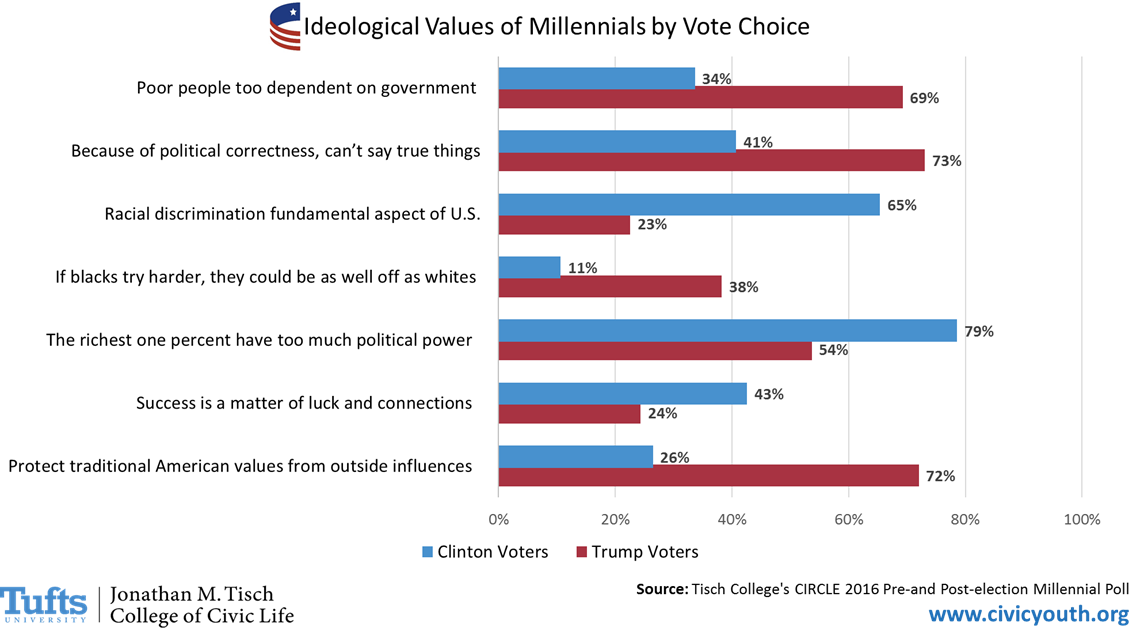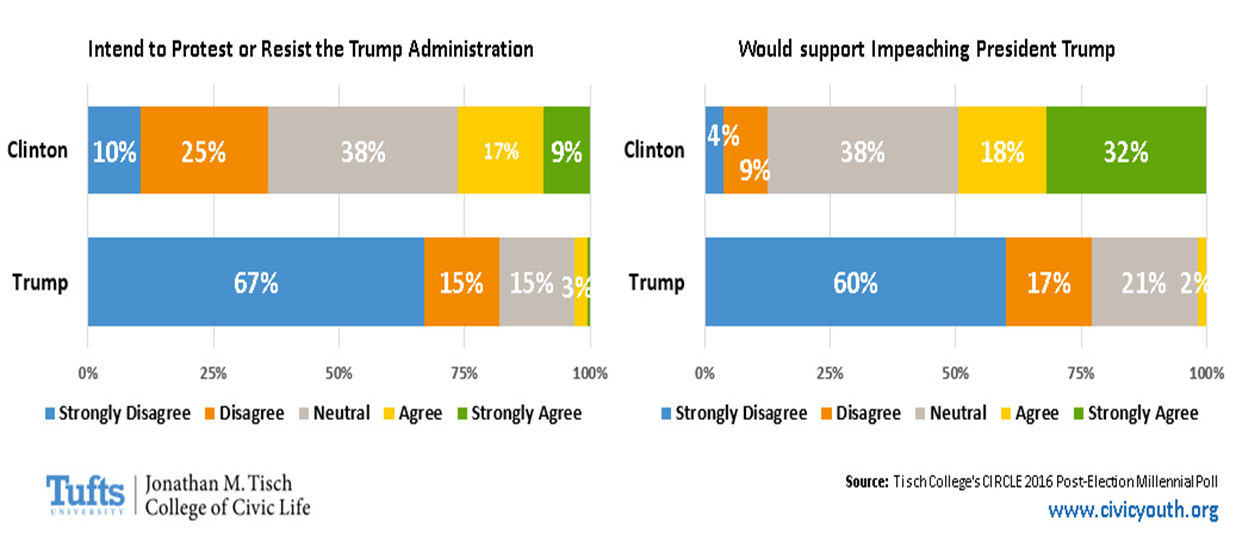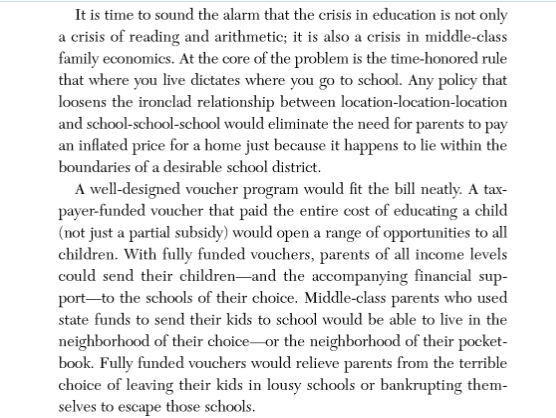The Red Blue Dictionary, in partnership with Allsides, is a collaborative effort with dozens of dialogue experts from the NCDD network, to create a site that gives definitions for a wide variety of words to help those all across the political spectrum better understand each other.
The idea for the website stemmed from the “Red Blue Dialogue brainstorming session” at the 2012 NCDD conference in Seattle, where Joan Blades, Amanda Roman and Jacob Hess decided to further develop the idea. Living Room Conversations, in early 2016, continued to support the effort by funding Jacob Hess to develop the site. Since then, all contributions to flesh out the Red Blue dictionary have been on a volunteer basis. You can peruse some of the highlight of the Red Blue dictionary below and find the full site here.
 From the site…
From the site…
This guide to America’s contested vocabulary has been written by a politically diverse team of 30 contributors from the National Coalition for Dialogue & Deliberation. Inspired by Abraham Lincoln’s Team of Rivals, our editorial and contributor teams draw together dialogue experts from maximally diverse backgrounds: religious & atheist, liberal & conservative, Marxist & capitalist, anarchist & libertarian, independent & partisan, hippie & traditionalist, Neil Diamond fans & the rest of us.
Are Americans losing the capacity to disagree in healthy ways? If so, how can we restore (and preserve) our civic ecosystem?
What would it mean to get curious about our differences? (and maybe even smile a little..)
Welcome to a Less-Painful, More Enjoyable Conversation
TOPIC-SPECIFIC TALKING-TIPS
Overwhelmed at the thought of venturing into contested word-territory. Have no fear! Issue-specific guides have been created to lay the groundwork to get you moving.
DIALOGUE EXAMPLES
And you thought super-heroes were cool? Buckle up…because these dialogue pioneers are going to rock your world.
REAL-TIME WORD WATCHERS
Every day some word seems to take on a new meaning…or lose an old…or become weaponized. We’re keeping an eye on that (78 eyes, to be exact) – to help you stay on top of it all!
ACCESSIBLE, EASY-READING
Worried about slipping into some college textbook? Don’t be. We’ve written textbooks before and don’t like them either…!
POLITICAL HUMOR
When was the last time you had a good belly laugh? Beware – because we’re coming after you with political bumper-stickers (and lots of other giggle-provocateurs).
TROLL-PROOF COMMENT SYSTEM
Tired of spending your life listening in to ONE more nasty-aggressive-mean-spirited comment? (Us too) We came across an innovator with the answer…and we think you’re gonna like it!
JUICY QUESTIONS
Tired of (more) small-talk at family parties? Pull one of these mind-popping inquiries out and let the (better) times roll!
WORD MAPS
Confused at why that word means X to THEM and Y to THOSE PEOPLE? Lucky for you! We got some of THEM and THOSE PEOPLE to collaborate on a guide to help us make sense of it all…hope it’s helpful!
CONVERSATION CATALYSTS
Stumped with a word (or person-using-a-word) that you really-cannot-fathom? Check out some of our suggested links to videos and other reading sure to liven (and loosen) things up a bit…
Categorical
The following categories are offered as another way to help orient readers to the terms, which are otherwise organized alphabetically. These categories are organized thematically in general idea clusters – with each term potentially showing up more than once across the different categories:
Race, Ethnicity & Class
Food, Environment & Health
Gender, Sexuality & Family
Life, Death & Conflict
Spirituality, Religion & Doubt
Money, Power & Freedom
Government Systems & Agencies
American History & Tradition
U.S.-World Relations
Education, Learning & Knowledge
Hostility, Dialogue & Peace
Judgment, Interpretation & Deliberation
Liberal & Progressive Thinking
Conservative & Traditional Thinking
U.S. Elections 2016
New & Unusual Terms
Find the Red Blue Dictionary explorations of these categories at the resource link below!
Resource Link: http://redbluedictionary.org/








